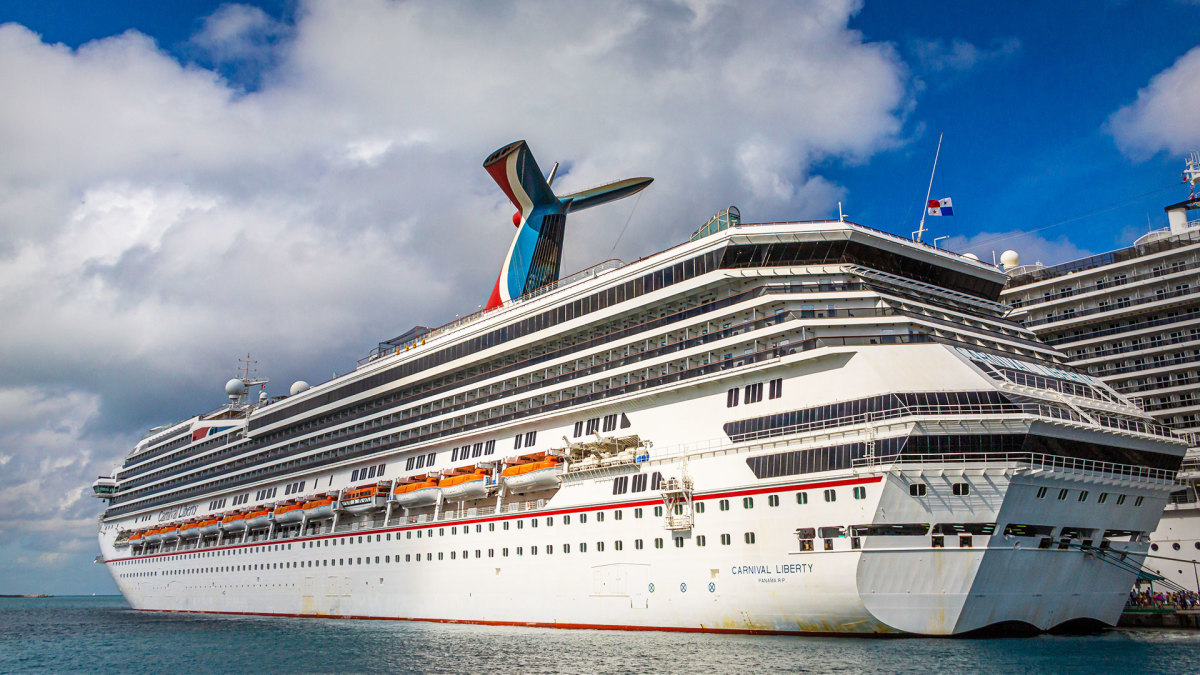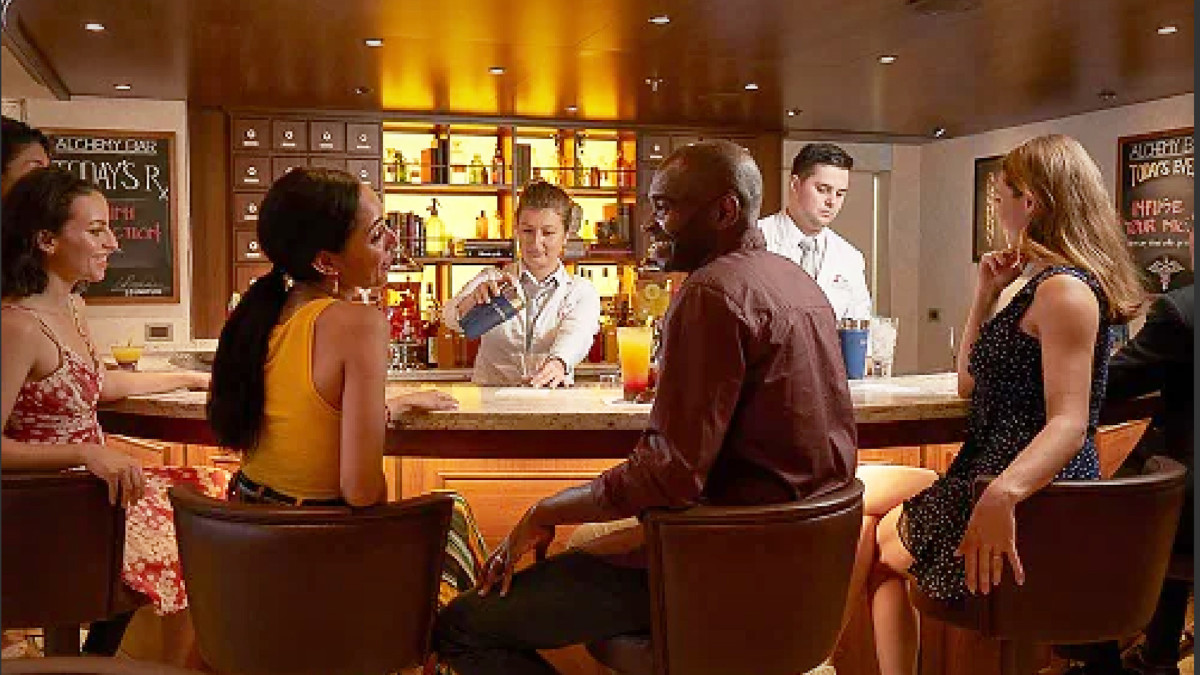
Compared with land vacations, cruises have a lot of very specific rules.
You don't, for example, need a passport (or an original birth certificate) to go to Disney World or any other domestic vacation destination. But when cruise lines sail from U.S. ports, they must balance federal law with the laws of the countries they're visiting.
It's a crime, for example, to wear camouflage in parts of the Caribbean, while Mexico has very specific rules regarding vapes.
Related: Carnival Cruise Line shares a warning for passengers
In some cases, Carnival Cruise Line (CCL) -) defaults to U.S. law, at least on ships that sail from American ports. That's not uniform, however, since casinos on ships from both Carnival and Royal Caribbean's allow people to gamble at age 18. Most land-based casinos in the U.S. require gamblers to be 21.
That, of course, is also the legal drinking age in the U.S., a policy that Carnival and Royal Caribbean adhere to even though some Caribbean islands that their ships visit in sailings that leave from the U.S. allow alcohol consumption at 18.
The cruise lines have also followed U.S. federal law in one key area — cannabis laws. While many states have legalized marijuana, Carnival and Royal Caribbean both don't allow it on their ships, and that includes people who have a prescription from a doctor for it.
It's a bit confusing and it has led to some other questions about bringing prescribed medicines on board. Carnival's brand ambassador, John Heald, tried to give passengers some clarity in a recent post on his Facebook page.

Image source: Carnival
Carnival makes its drug policies clear
Carnival, like all cruise lines in U.S. ports, scans all luggage as it's brought onboard. The cruise line is looking for contraband, which includes items like surge protectors and candles, as well as drugs and alcohol that passengers try to bring on board.
The challenge is that it's not often easy to determine what's legal and what isn't. You, for example, can bring up to 12 cans of soda and one bottle of wine per adult passenger on a Royal Caribbean ship. If someone managed to swap the liquid in those containers for something harder they might get away with it and they also might get thrown off the ship.
Drugs can be confusing as well. You can absolutely bring your prescription medicines on board and in a recent post, Heald addressed how to do that.
"There was some discussion apparently if we allow guests to bring their vitamins and prescription medication in a daily planner or not," he said. "Someone had written on another page that we had changed our policy and that all pills had to be in the original container."
Many people, especially in the older demographics that regularly cruise, use a daily organizer to keep track of their various medicines, vitamins and supplements. Heald made clear that the cruise line has not changed its policy.
"That is not correct. We do allow the daily organizer to be used, and if you have any concerns, I know some people take a photo of their pill bottles to keep on their phone ... just in case," he wrote.
Carnival's Heald addresses scooters
In addition to the pill question, Heald also addressed concern about people on mobility scooters and elevators.
"And finally please can I mention and do so with total respect both sides of a motor scooter debate which got rather ummm heated last week," he wrote. "First of all I know most of you who see someone on a motor scooter waiting by the elevators will let them in and you do not need me to lecture you on that, it's not my place to do so."
Heald made clear that it's up to the cruise line's passengers to be respectful of each other and accommodating to everyone's needs.
"We do not have the manpower to have a crew member reserve an elevator all day at each elevator bank just for mobility scooters. I wish we did. But I do know that most (I know not all) guests will be respectful to those guests who do need them to get about the ship," he added.







